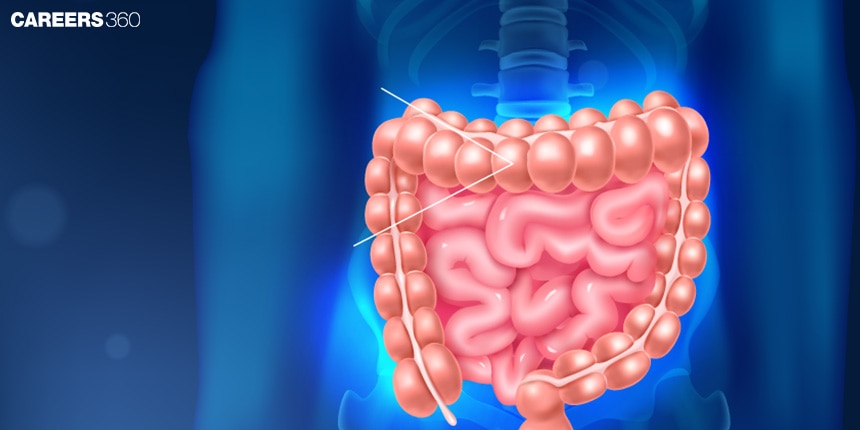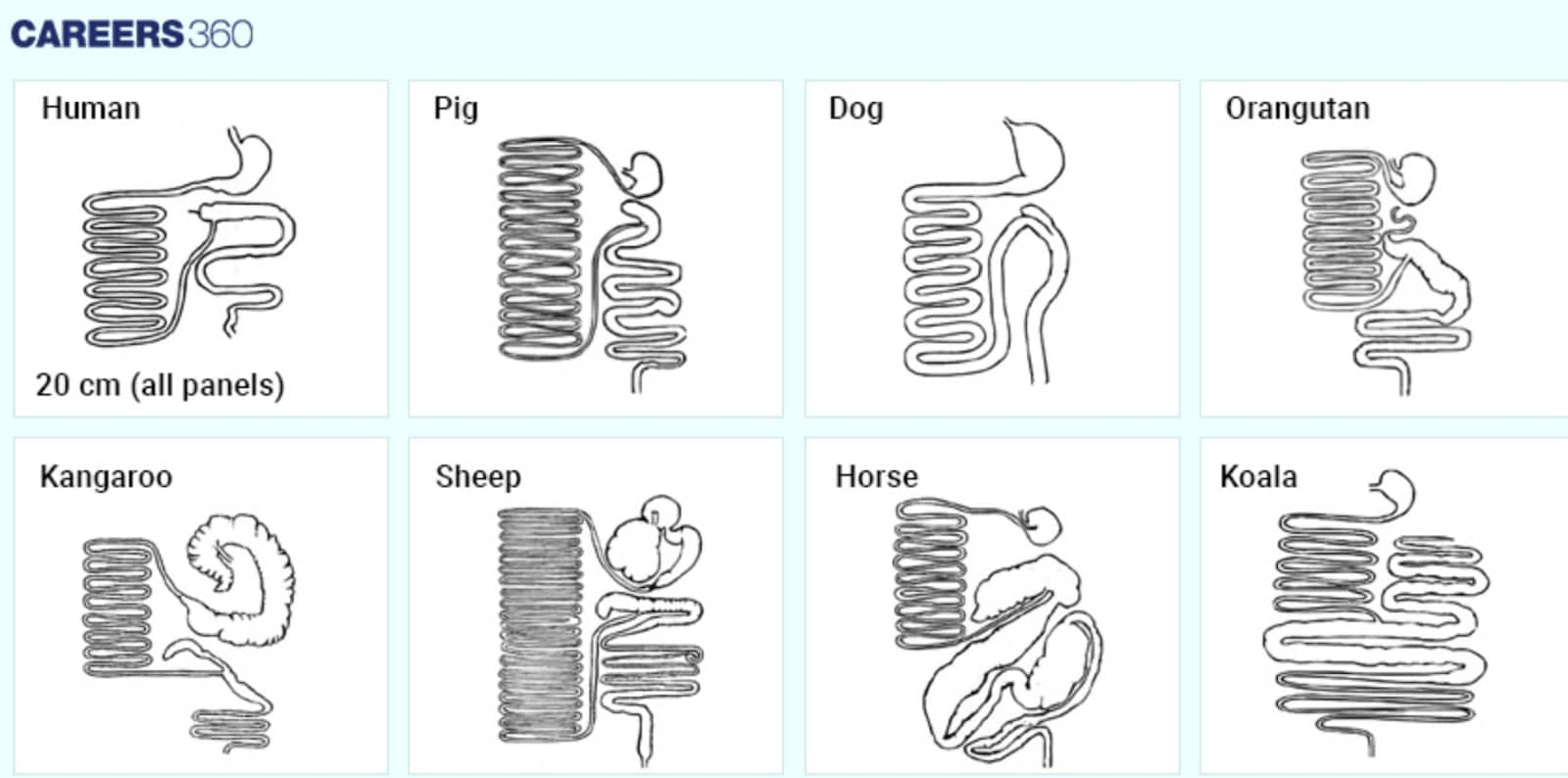Egestion: Definition, Function, Types, Examples
What Is Egestion?
Excretion is the expulsion of indigested and unabsorbed food ingredients from the body in the form of faeces. As compared to excretion which focuses on the removal of metabolic wastes from the body, egestion on the other hand is that type of behavior that is concerned with the egestion of the solid wastes that remain undigested. This is critical as digestion reduces food into nutrients, absorption gets rid of the nutrients into the bloodstream and egestion expels the undigested substances. It enables ridding the body of pathogenic and toxic agents; supports the functional efficiency of the gastrointestinal tract; and serves as one of the factors maintaining the organism’s cleanliness.
NEET 2025: Mock Test Series | Syllabus | High Scoring Topics | PYQs
NEET Important PYQ's Subject wise: Physics | Chemistry | Biology
New: Meet Careers360 B.Tech/NEET Experts in your City | Book your Seat now

The Process Of Egestion
Food is taken through the mouth and then broken down through chewing and is then subject to the initial breakdown through saliva secretion.
From the mouth, it gets into the esophagus and then into the stomach where it undergoes more digestion by stomach acids and enzymes.
In the small intestine, nutrients are transported through villi and microvilli from where the vitamins, minerals and other nutrient is absorbed in the blood.
The remaining part in the form of indigestible content then goes to the large intestine where water is again absorbed to form solid feces.
These faeces are temporarily accumulated in the rectum before they are passed out through the anus.
Factors Affecting Egestion
Egestion is affected by the following factors:
Dietary Fibre
Dietary fibre is further involved in the regulation of egestion since it increases the size of faecal matter that can easily pass through the digestive system. Fruits, vegetables, whole grains, and legumes most of which are rich in fibre help enhance bowel movements/elimination.
Hydration
There is also a need for taking enough water to ensure that one softens the stool to avoid recurrent cases of constipation. Thus, water is also incorporated into the faecal matter to ensure its proper texture and to facilitate easy passage through the colon.
Physical Activity
Exercise helps to get blood circulations to the muscles of the Colon hence stimulating bowel movements thereby reducing the occurrence of constipation. It is a fact that exercise has a way of regulating digestion and bowel movement in the body system.
Health Conditions
Some diseases will impact egestion; it can for example be constipation when faeces are seldom and difficult to expel or diarrhoea when the faeces are often liquid. Diseases like IBS can change the bowel aetiology either temporarily or permanently and touch on egestion since it affects abdominal comfort.
Egestion In Other Organisms
Egestion is likely to differ with the diet and consequently the gastrointestinal system of the various animals in the ecosystem. It’s evident that animals, which feed on plants, for instance cows and rabbits, give plant fibrous feces. Discarded scats of lions and wolves for instance contain barely digested remains due to their carnivorous diet. Carnivores such as the human being and the bear showed a proportional combination of both vegetable and animal matter in their faecal samples.
Diagram comparing the digestive systems of different animals.

In Plants
In plants, there is no known egestion because plants do not possess a digestive tract where the process should take place. The waste products are released through the stomata, lenticels or specific cells if they include oxygen resulting from the process of photosynthesis: water and minerals.
Invertebrates
There is a direct comparison between the digestive system and the type of animals since invertebrates like insects and earthworms have different digestive systems from vertebrates. Most insects have a specific area for digestive and absorptive processes with the excretion of waste materials through the anal opening. In bio-physics, earthworms assist in getting nutrients from the soil and organic matter and then provide castings.
Recommended video for "Egestion"
Frequently Asked Questions (FAQs)
Egestion is the expulsion of any food and chyme remaining in the digestive canal, while excretion is the expulsion of metabolites from the blood, including urea and carbon dioxide through the kidneys and lungs respectively.
Dietary fibre enhances healthy egestion by increasing the size of the stool thus making passage through the intestines easy and avoiding constipation. Fiber-containing foods help reduce constipation and also promote proper digestion.
Two recognised issues are constipation whereby one pants less often or with much difficulty and diarrhoea, where one pants often and with much fluidity. Other conditions like Irritable bowel syndrome (IBS) are also known to interfere with egestion and result in changes in bowel movements and discomfort.
About egestion, the following recommendations should be followed to enhance standard, adequate, healthy egestion: A balanced diet that includes a tremendous amount of fibre; consuming an adequate amount of water; regular exercise; avoiding alcohol and tobacco inappropriately. There are also general measures related to overall health maintenance, which is also important when it comes to effective digestion, and these include stress management and proper treatment of health conditions that one might have.
This part is important in the process of egestion as the large intestine specifically takes up water and electrolytes from the indigestible food matter and forms rounded and hard faeces. It holds these faeces until they are passed out of the body and plays an important role in passing wastes and water in and out of the body.
Also Read
30 Nov'24 03:25 PM
26 Nov'24 05:38 PM
25 Nov'24 06:43 PM
25 Nov'24 05:45 PM
25 Nov'24 04:48 PM
25 Nov'24 03:52 PM
23 Nov'24 04:30 PM
23 Nov'24 10:03 AM